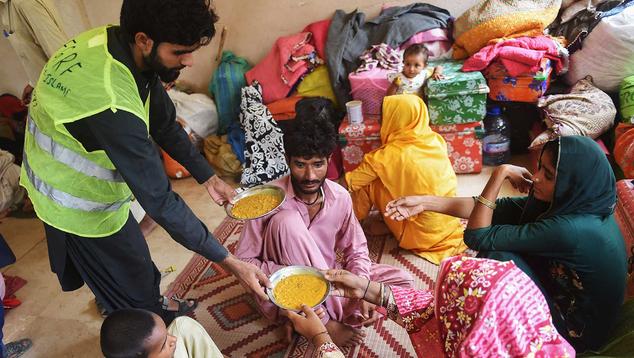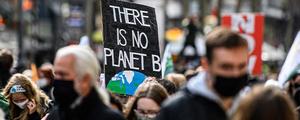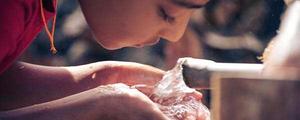This article is the first in a two-part series that examines key findings on global resilience from the 2021 Lloyd's Register Foundation World Risk Poll. Much of the following is excerpted from the latest report, World Risk Poll 2021: A Resilient World?
The world has had its share of disasters lately, from the COVID-19 pandemic to severe weather events spurred by climate change. But how well equipped are people to deal with disasters like these and to handle the other difficulties they face in their lives? How resilient is the world?
The 2021 Lloyd's Register Foundation World Risk Poll sought to answer these questions. The poll asked nearly 126,000 people in 121 countries and territories about a range of factors that their capacity for resilience depends on, including social capital, which some researchers call the "core engine of recovery" after disasters.
Key Findings
The concept of social capital often focuses on networks of relationships that allow members of a community or society to rely on one another for support, as well as the social trust and reciprocity that these networks help sustain.
The 2021 World Risk Poll included two measures of social capital: 1) how much people think their neighbors care about them and their wellbeing and 2) whether people have helped a stranger or someone they didn't know in the past month.
Community support was higher in vulnerable communities, where people are more likely to rely on each other for support.
Overall, 23% of people worldwide said their neighbors care about them "a lot," while 43% said their neighbors care "somewhat" and 32% "not at all."
However, the results suggest people in communities that are underserved in terms of vital infrastructure are more likely to rely on one another for support. People in lower-income countries and territories and those living in rural areas were particularly likely to say their neighbors care a lot about them and their wellbeing.
Notably, people who said their neighbors care a lot may be most likely to engage in reciprocal "helping" relationships that they can count on in a crisis.
Community support may also be particularly important in low-income populations, given that such populations are more likely to face disasters from natural hazards. Forty-two percent of people in lower-income countries said they had experienced such a disaster in the past five years, versus about a quarter of those in upper-middle-income (25%) or high-income (23%) countries or territories.
People's likelihood to help a stranger varied more by region than by income.
When people help strangers, they rarely expect that their kindness will be repaid. This behavior is more indicative of a general cultural norm of social responsibility -- the belief that people are obliged to help others who need it.
This indicator of social capital is related less to country income level than to people's likelihood of saying their neighbors care, but it did vary substantially by global region. Roughly three-quarters of people in the Latin America/Caribbean region (75%) and Northern America (72%) said they had helped a stranger in the past month, versus less than half in Northern/Western Europe (47%) and Eastern Asia (31%).
Helping a stranger and having neighbors who care are almost mutually exclusive.
These two indicators of social capital appear to be largely unrelated. In countries where people were more likely to say their neighbors care a lot, people were not consistently more likely to say they had helped a stranger, and vice versa.
Several notable patterns emerged from these country-level social capital results, including:
- Countries where both measures were relatively high tend to be low-income countries where people are particularly likely to depend on assistance from others. Guinea, Mali and Sierra Leone are among the countries with the lowest per-capita GDP in the world.
- Japan stands out as being among the lowest on both indicators, with 20% of people saying they had helped a stranger in the past month and just 5% saying their neighbors care about them a lot. Japan has struggled with the effects of loneliness, including a rapid rise in suicides since the onset of COVID-19.
- In many Eastern European and Latin American countries, people were relatively high in their likelihood of having helped a stranger but low in their likelihood of saying their neighbors care about them. In Eastern Europe, which includes Russia, the results may partly reflect the cultural legacy of socialist or communist governments in the region.
Implications
As policymakers, development aid agencies and technical experts work together to develop strategies for coping with large-scale disasters, the World Risk Poll offers a new set of global indicators that help identify the most vulnerable populations to better prioritize interventions.
The data also offer insights into the level and types of interventions that may be most needed for building more resilient systems.
Social capital is one area that could be targeted for investment. Real-world evidence already exists on how social capital can help during the recovery from a natural disaster: A recent study showed that social and human capital predicted people's recovery from the 2015 earthquakes in Nepal, with higher levels of both helping households recover financially.
Read the full 2021 World Risk Poll: A Resilient World report.




